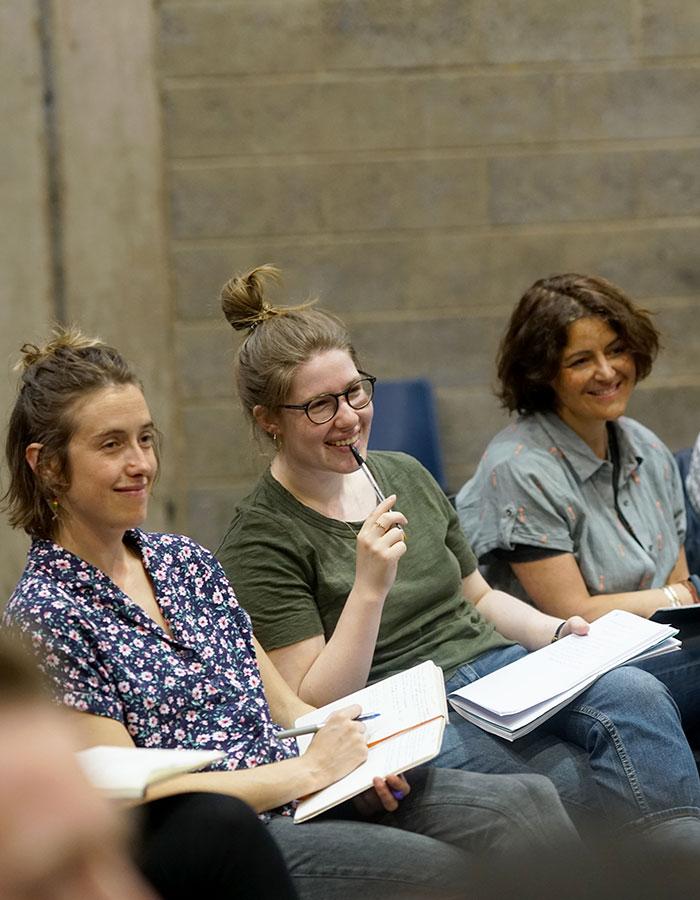Pressing Concerns: Theatre Criticism - Wednesday 3 March 2021 [ONLINE]
Routes for Theatremakers: Emerged, Mid-career and then what? - Wednesday 17 March 2021 [ONLINE]
Recruitment in the Theatre Sector - Wednesday 31 March 2021 [ONLINE]
Young Vic, 66 The Cut, Waterloo
London , SE1 8LZ

Tickets are FREE but must be booked in advance
Only 1 ticket can be booked per person
The programme will promote the sharing of best practice models around the creation of theatre work, to help open up new pathways in the industry and to provide a toolkit for theatre makers to help them navigate their creative journeys.
Each event in the series will have a spotlight placed on a particular topic or theme that is current and recurrent for the theatre-making community. At each event, speakers will lead an informal, online conversation, intended to kick start sharing, questions and experiences from the group.
This event aims to demystify the relationship between critics and creators of work. While criticism is an important part of theatre ecology, it is itself increasingly critiqued, and the reviewer reviewed. With a recognized need for more diversity in the stories told on our stages, how do we ensure an equivalent diversity of critical opinion? And with new types of work, and the nature of live performance changing – including a current environment of live performance existing almost solely in the digital sphere – should new forms demand new ways of critical engagement?
In partnership with Stage Directors UK
This event is aimed at mid-career director-theatre makers who have had their first couple of shows (self-)produced and wish to progress to the next stage in their career. Whereas an earlier generation of theatre practitioners may have relied on an infrastructure of associate and artistic directorships as next steps in their pathway in the industry, such opportunities and positions are increasingly hard to find.
Recruitment processes in the theatre sector can be daunting and opaque for both applicants and employers. Ultimately, both parties benefit from a candidate having the space and form to best present their potential, credentials and vision. However, certain common practices in recruitment, as well as frequent pressures on applicants, can become real stumbling blocks. Perhaps certain types of application processes inherently favour certain types of candidates. Or the business of recruitment doesn’t always reflect the nature of the job.